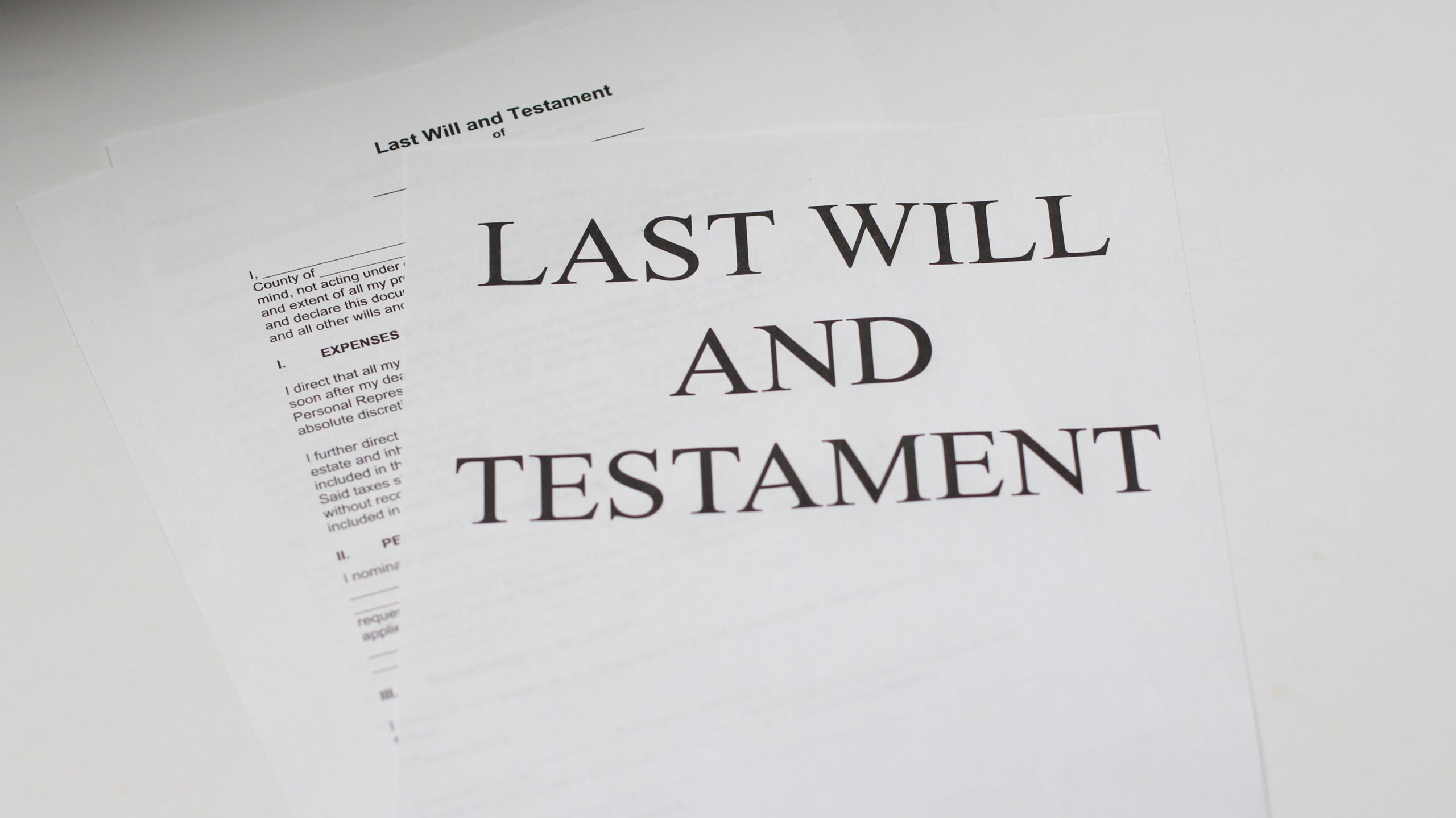A caregiver agreement is a legal document that outlines the terms and conditions of an arrangement between an individual and their caregiver. In the context of Medicaid and long-term care planning, a caregiver agreement can be used as an asset protection strategy to compensate a family member or friend for providing care to the individual in their home, while still meeting Medicaid eligibility requirements.
Under Medicaid rules, an individual’s income and assets must be below a certain threshold in order to qualify for benefits. However, compensation paid to a caregiver under a valid caregiver agreement is considered an allowable expense and is not counted as income or assets for Medicaid purposes.
A caregiver agreement typically includes details such as the type and frequency of care to be provided, the amount of compensation to be paid, and the duration of the agreement. The agreement must be entered into voluntarily, without coercion or undue influence, and the compensation must be reasonable and consistent with market rates.
In order to ensure that the caregiver agreement is valid and compliant with Medicaid regulations, it is important to work with an experienced attorney. An attorney can help draft the agreement, ensure that it meets all legal requirements, and advise on any other Medicaid planning strategies that may be appropriate for the individual’s situation.
In addition to asset protection, a caregiver agreement can provide peace of mind for both the individual and the caregiver, by establishing clear expectations and boundaries for the caregiving relationship. It can also help avoid potential conflicts and disputes among family members or other caregivers.
Overall, a caregiver agreement can be a valuable tool in Medicaid and long-term care planning, allowing individuals to receive the care they need while protecting their assets and meeting eligibility requirements.







